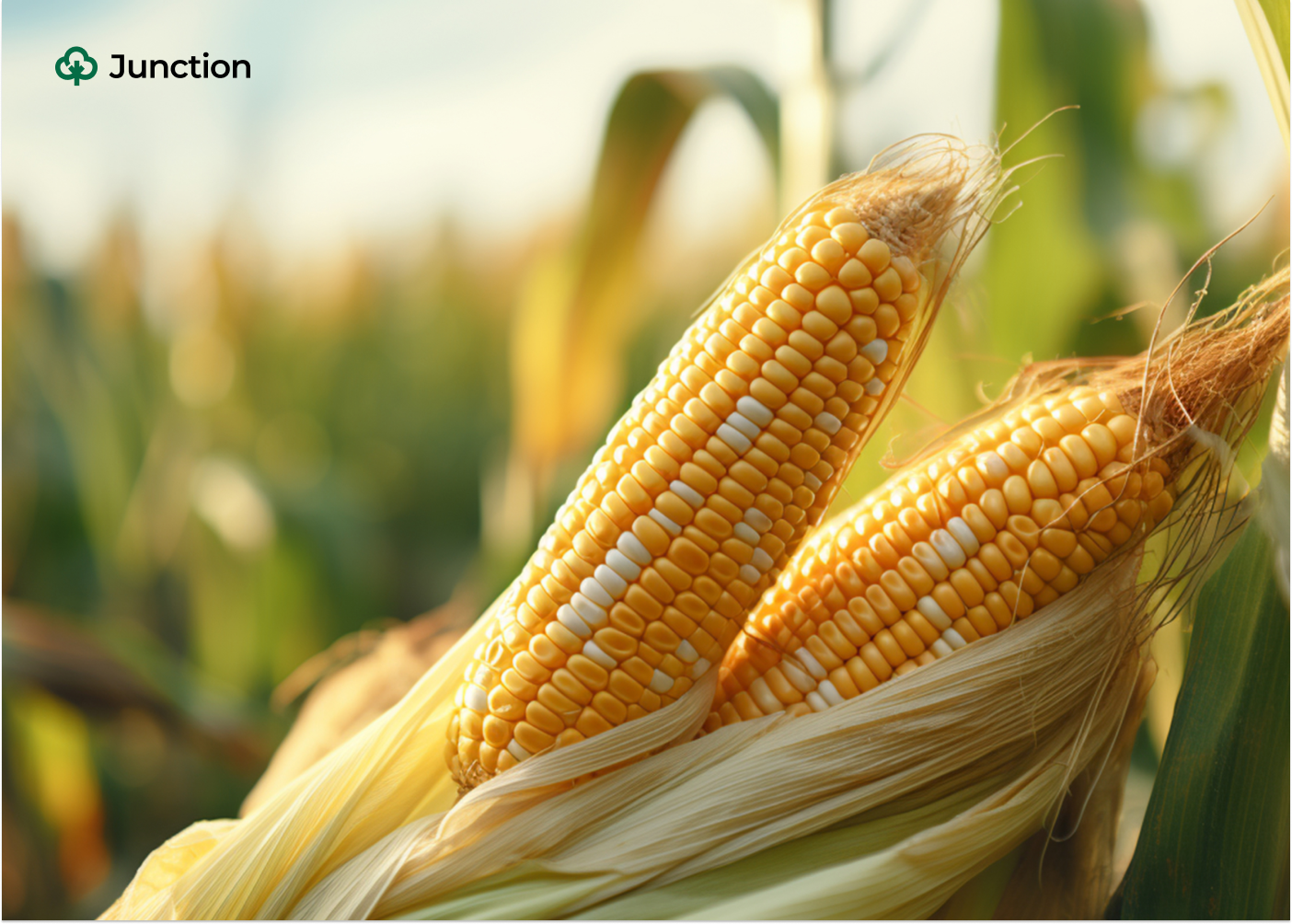News in brief:
– SAMMAZ77 is Nigeria’s first maize hybrid combining tolerance to drought, and resistance to fall armyworm and Striga hermonthica.
– Field trials show that the crop outperforms older maize varieties by up to 164% in yield under tough conditions.
A breakthrough in agricultural research has emerged with the release of Nigeria’s first multiple-stress resilient maize hybrid, SAMMAZ77.
Developed in collaboration between the International Institute of Tropical Agriculture (IITA) and Nigeria’s Institute for Agricultural Research (IAR), this medium-maturing top-cross hybrid is designed to thrive under harsh farming conditions, offering hope for maize farmers battling pest infestation, drought, and parasitic weeds.
SAMMAZ77 outperforms older varieties
Compared to SAMMAZ50, Nigeria’s previously commercialised hybrid with drought tolerance and Striga resistance, SAMMAZ77 recorded 5–35% higher yields under combined stresses of fall armyworm, Striga hermonthica, and severe drought.
In trials across nine locations, the new hybrid outperformed SAMMAZ50 by 13–164% under rainfed conditions. It also recorded 14–41% higher yields than SAMMAZ68, a popular TEGO hybrid, in two of the four major maize-producing states.
On-farm trials across four states demonstrated 33–132% yield increases when compared to the maize varieties currently preferred by farmers.
SAMMAZ77 is being hailed as a vital innovation for farming communities in Nigeria’s savanna regions, where multiple biotic and abiotic stresses continue to threaten food production. The hybrid’s resilience to drought and pests means more reliable harvests and improved food security for smallholder farmers.
IITA strengthens impact through partnerships
The release of SAMMAZ77 reflects IITA’s broader strategy of providing science-driven solutions to the real challenges facing African agriculture. Through partnerships with CGIAR centers, national research institutions, private sector players, and farming communities, IITA continues to drive innovations across various crops, including cassava, soybean, cowpea, yam, plantain, and banana, ensuring they reach those who need them most.
This latest development marks a significant step toward empowering Nigerian farmers, improving livelihoods, and strengthening food systems.




What is the difference between this newly developed variety and Oba super 15 in terms of yield and resistance to drought?
Is not about developing a new hybrid that can withstand hash weather and resistance to worms, but how can the farmer saved the harvested hybrid for next planting season, that’s the point.
Presently what is happening in Kenya and Zimbabwe is lesson for all. You only planting it once per season and the harvest cannot be replanted, farmers are subjected buying of seeds each planting season, that’s not right.
My suggestion is, in your modifications, try and do it in such a way that farmers can replant their harvested seeds saved.